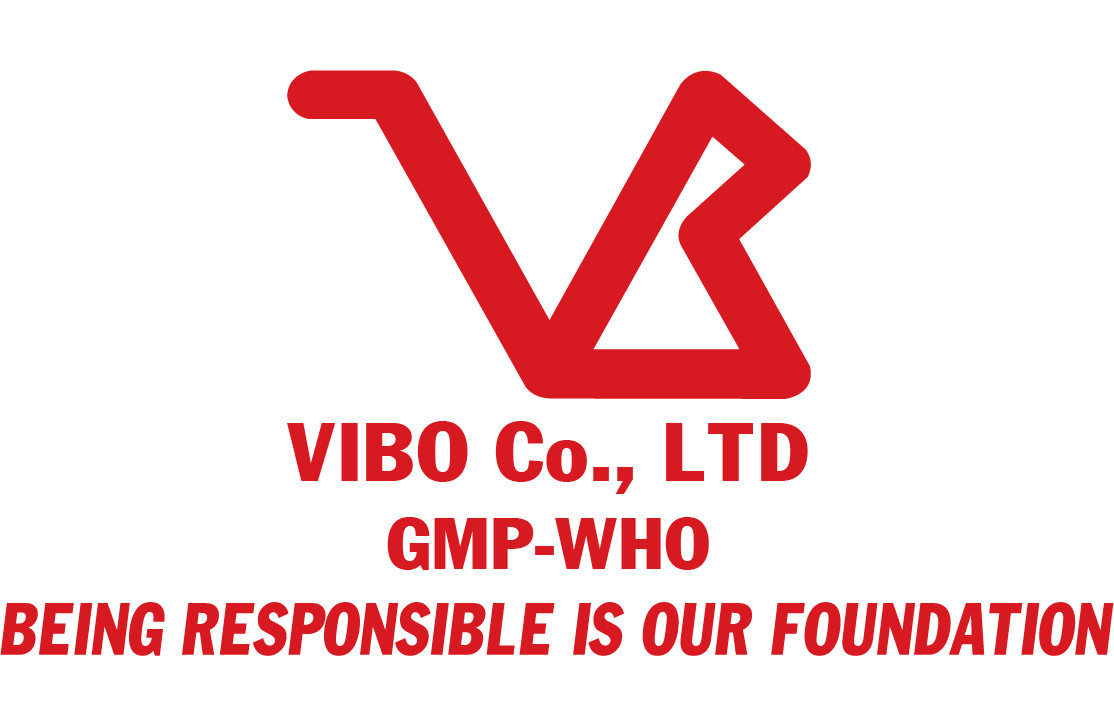- Address: Lot No. 20, Zone G, D1 Street, An Ha Industrial Park, Tan Vinh Loc Commune, Ho Chi Minh City
- Phone: (84-28) 668.36156 / 668.36158
- Hotline: 1800.9435
- Fax: (84-28) 3620.4694
- Email: vibo@vibo.com.vn
- Website https://vibo.com.vn/


APPLICATION OF BIOTECHNOLOGY AND PHARMACEUTICALS IN SHRIMP LIVING FOR MULTIPLE SHARES - VIBO CO., LTD
The abuse of chemicals and antibiotics in intensive shrimp farming today has disrupted the ecological balance and adversely affected the environment, poor product quality and the storage of banned chemicals and antibiotics are creating. barriers in exporting Vietnamese shrimp to the World market. The application of biotechnology (biotechnology) in commercial shrimp farming is currently considered an inevitable support solution for the industrial shrimp industry to develop stably and sustainably.
Applying biotechnology without using antibiotics and chemicals in commercial shrimp farming can manage water quality during the crop, reduce environmental pollution, control disease, reduce risks, increase efficiency. using the feed, lowering production costs, improving product quality, ... This is a solution for the sustainable development of commercial shrimp farming.
PROCESS GOAL:
* Pond environment management and disease control by CPSH
* Limiting the use of chemicals and antibiotics * Minimize organic waste that pollutes the environment
* Improve productivity and quality of shrimp and meat
* Minimize input costs
* Create certified products.
After the end of the crop, the model showed different effects on survival rate, productivity, and cost-effectiveness of production, namely that survival rate reached over 90% for all model ponds, The yield of the crop is good with an average of 45-50 tons/ha, the shrimp size is from 25-29 shrimp/kg.
During the farming process, the frequency of shrimp infected by harmful bacteria is reduced by more than 50% at the same time insensitive stages in the shrimp, thereby reducing the use of antibiotics in the farming process and the cost. low production, with an average drug cost of 6,000-8,000 VND / kg shrimp, thereby bringing in very good profits for farmers.
The model of the microbiological application in shrimp rearing has initially been successful and can become a farming model that can solve the concerns of shrimp farmers in environmental management and biological diseases instead of chemistry. substances and antibiotics currently contribute to creating clean products for export. Currently, the model is being deployed on a large scale in the provinces of Bac Lieu, Ben Tre, and Tra Vinh to evaluate on a large scale in different environmental conditions, thereby confirming the role of microbiological processes. in developing sustainable shrimp farming.




__Untitled1_7.png)
__Untitled1_6.png)
__Untitled1_5.png)
__Untitled1_4.png)
__Untitled1_1.png)
__z7257406187726_0554ad36e325d6aad07a2e158dbb57fd.jpg)
__Untitled.png)
__Vimix_new_CHINH_4.jpg)
__1596426510.jpg)
__1596426422.jpg)
